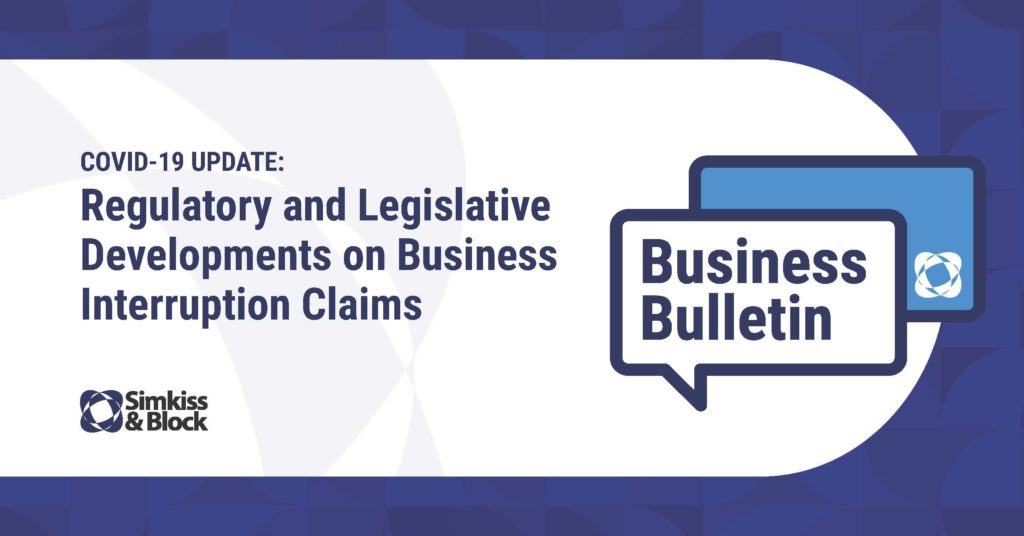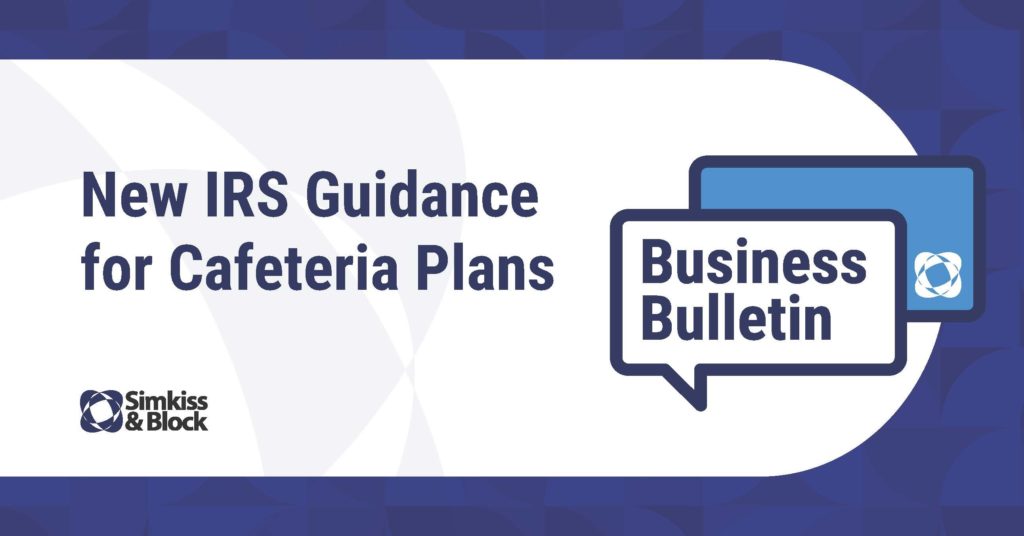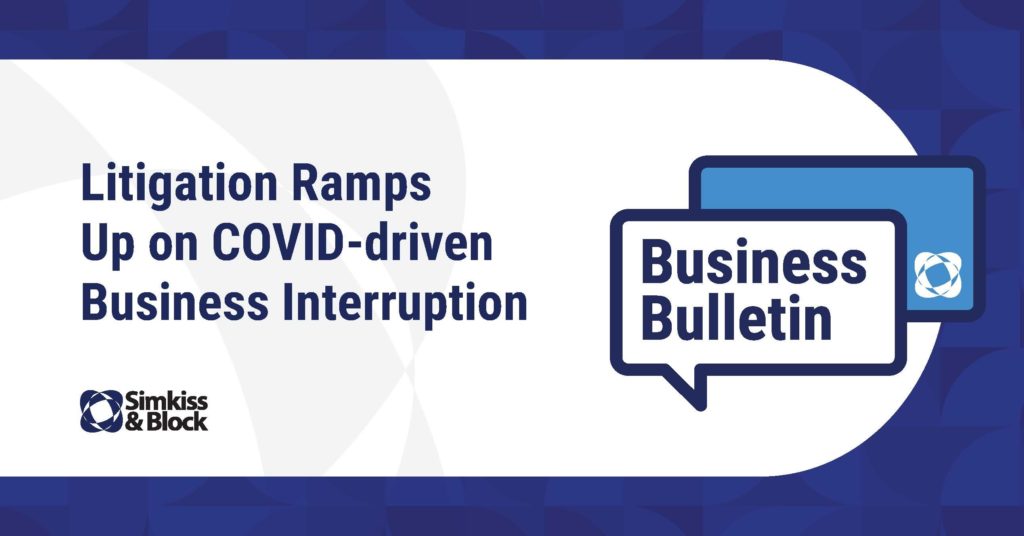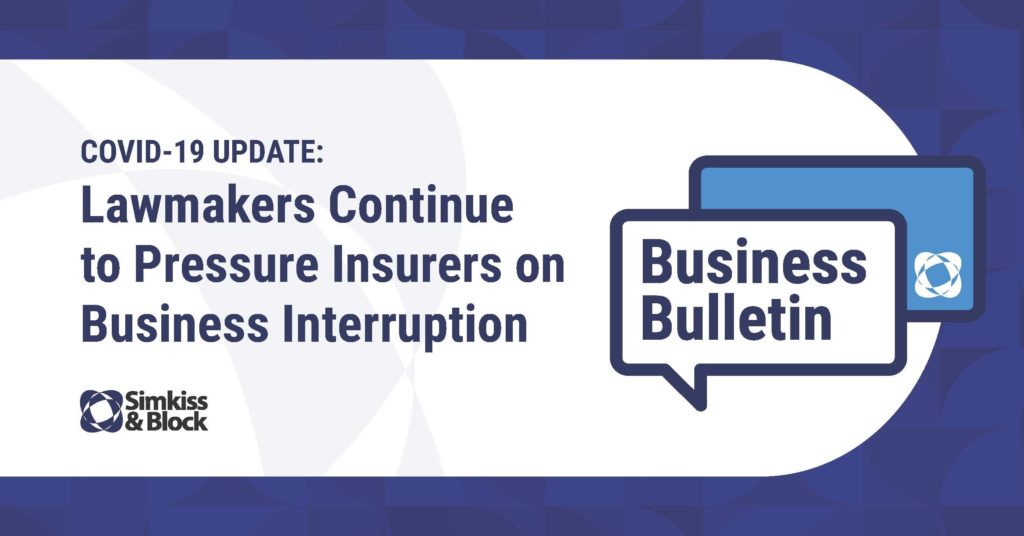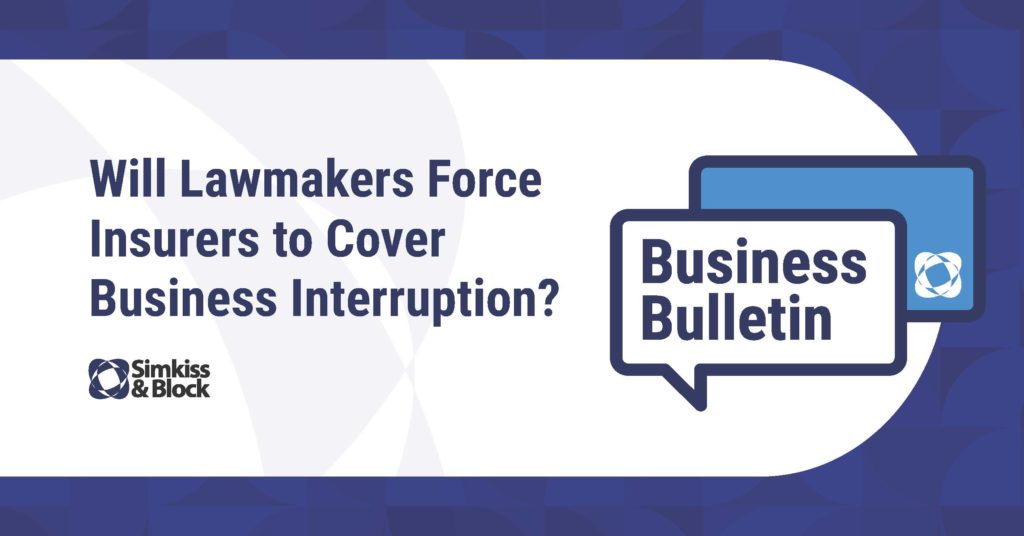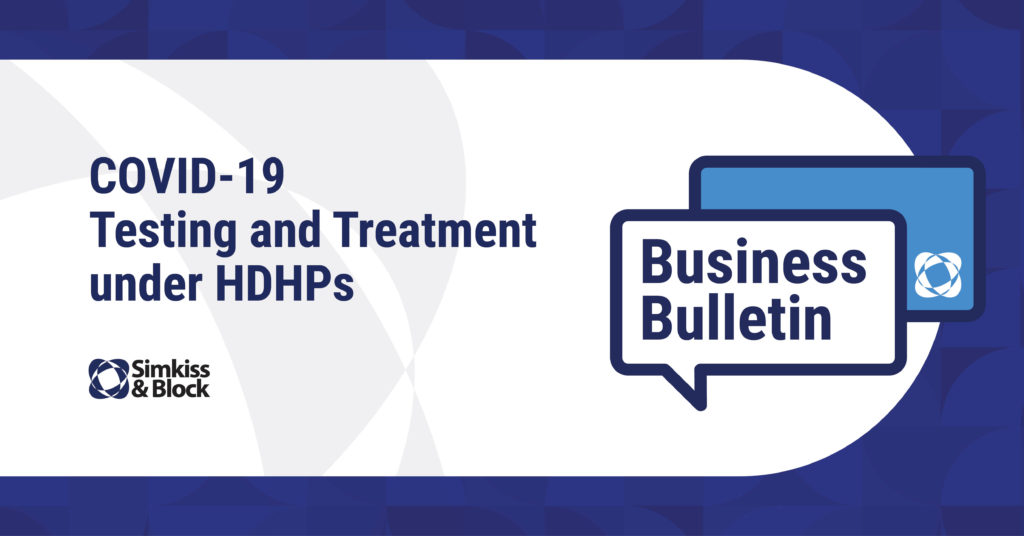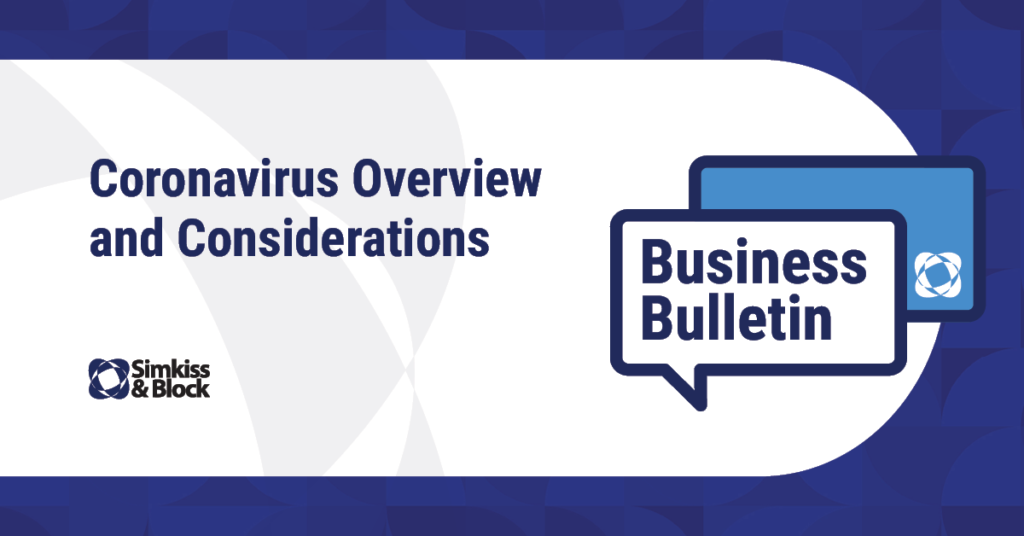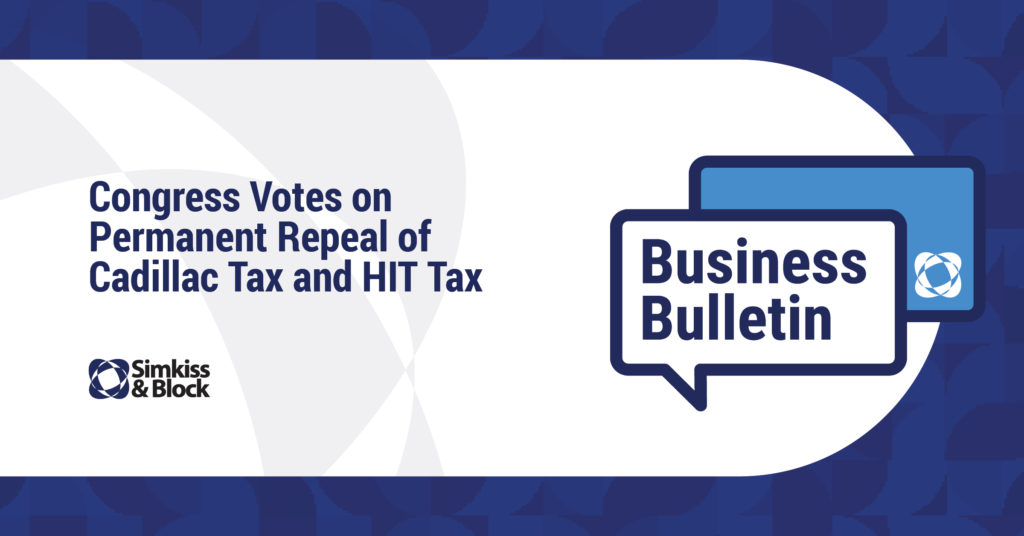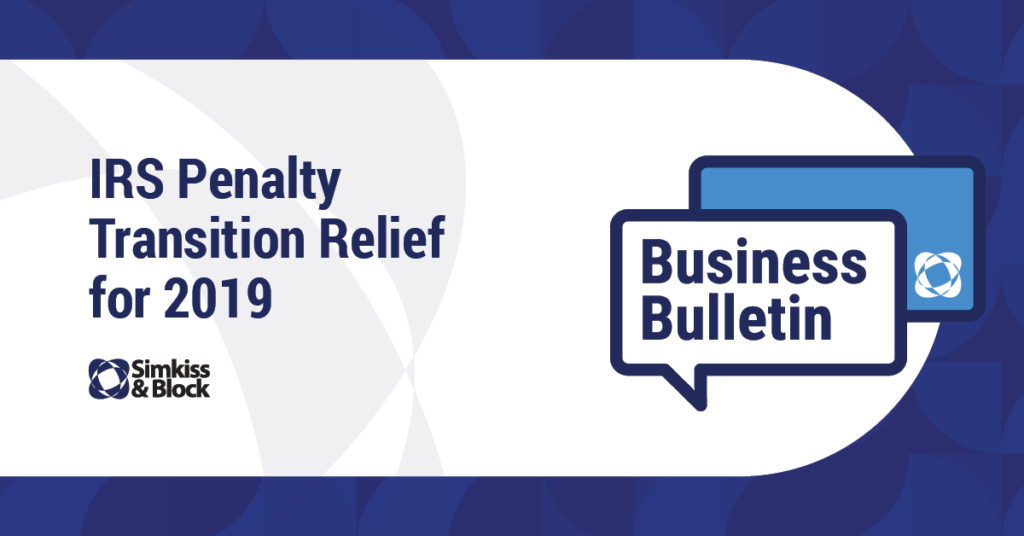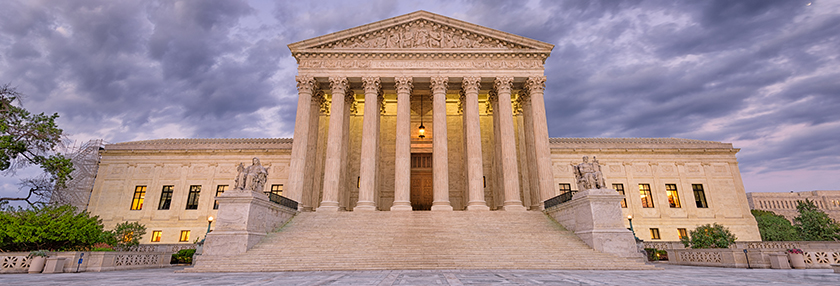As we have told you in Business Bulletins in each of the last few weeks (first here, then here), regulatory pressure on insurers to pay claims outside the boundaries of their policies has been intense. Two developments have emerged in recent days, one by Governor decree and one through a state legislative proposal. Each of these is a dramatic leap in the economic consequences for insurers.
California Gubernatorial Decree
On the regulatory front, the most aggressive action to date would be a rumored potential executive order by California Gov. Gavin Newsom decreeing (through a conclusive presumption) all medical and indemnity WC claims to be valid for any worker in the state who does not work at home, tests positive, or receives a diagnosis from a physician. According to the WCIRB, the annual cost of COVID-19 claims on frontline employees under a conclusive presumption ranges from $2.2 billion to $33.6 billion with an approximate mid-range estimate of $11.2 billion, or 61% of the annual estimated cost of the total workers compensation system prior to the impact of the pandemic. Somewhat similarly, a new emergency rule was created in Illinois creating an automatic presumption that any essential worker diagnosed with COVID-19 contracted the illness at the workplace, even if they are working remotely or currently not on the job. Regardless, the potential California action would take this standard to a new level with no distinction between essential and non-essential.
State Legislative Action
Taking a big leap from legislative proposals in other states, the most aggressive move to date by lawmakers is Pennsylvania Bill SB 1114, which shall be known as the “COVID-19 Insurance Relief Act.” SB 1114 differs from proposed business interruption insurance legislation introduced in other states in several significant respects, including:
- It applies to commercial policyholders of all sizes, rather than being limited in application to only small businesses
- It does not purport to create a state reimbursement fund for insurers providing business interruption payments that would be financed by subsequent assessments on property/casualty insurers. Rather, S.B. 1114 relies on insurers to pay their policyholders’ COVID-19 business interruption claims out of the insurers’ existing reserves and other assets
Just two days before the introduction of this bill from the state Senate, the state Assembly introduced House Resolution No. 842, which urged “the Congress of the United States to facilitate payment to insurance companies through Federal stimulus funds for the reimbursement of costs associated with the payment of claims made on business interruption insurance policies during the COVID-19 pandemic,” which had been in keeping with the most commonly accepted consensus as to how such claims would be funded. The Senate bill which came out a few days later is dramatically different and bears watching closely in the coming days and weeks.
As followers of our bulletins will recall, the costs to insurers of being forced to pay such claims which they never intended their policies to cover and for a risk which they never priced into their premiums, could be catastrophic to the industry’s financial stability. Just last week, Chubb CEO Evan Greenberg commented that “The insurance industry is a fundamental part of the economic plumbing of this country.” Forcing insurers to foot the bill for losses not covered by policies “would do great damage. It would bankrupt the industry. Pandemics, unlike other catastrophes such as a hurricane or an earthquake, are not limited by geography or time,” Greenberg said. “The loss potential from a pandemic, in practical terms, is infinite, and insurance companies have only finite balance sheets.”
Simkiss & Block will continue to follow these developments and keep you updated. Follow us on LinkedIn or contact us for the most up to date information.

